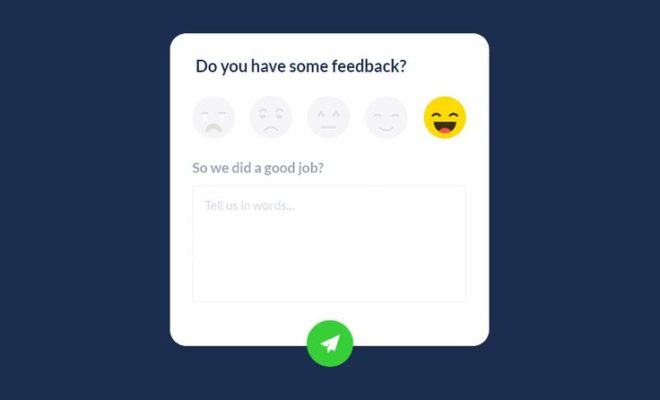Debates over Social Media Content Moderation Intensify

The ongoing debate over social media content moderation has reached new heights, with stakeholders from various sectors weighing in on the complex issue. As platforms like Facebook, Twitter, and YouTube continue to grapple with the challenge of balancing free speech with the need to combat misinformation and harmful content, the conversation has become increasingly polarized.
Key Points of Contention
- Free Speech vs. Platform Responsibility: Critics argue that excessive moderation infringes on free speech, while others contend that platforms have a responsibility to curb the spread of harmful content.
- Political Bias: Accusations of political bias in content moderation decisions have fueled calls for more transparent policies and practices.
- Misinformation and Fake News: The role of social media in spreading misinformation, particularly during elections and crises, remains a significant concern.
- Section 230: Debates over reforming or repealing Section 230 of the Communications Decency Act, which provides liability protection for online platforms, have intensified.
- AI and Automation: The use of artificial intelligence in content moderation has raised questions about accuracy and the potential for algorithmic bias.
Recent Developments
- Several countries have introduced or proposed legislation to regulate social media content moderation, including the EU’s Digital Services Act.
- Major platforms have expanded their content policies, particularly around election-related misinformation and COVID-19 content.
- There’s growing interest in decentralized social media platforms as an alternative to traditional, centralized networks.
Stakeholder Perspectives
- Tech Companies: Argue for self-regulation and the challenges of moderating content at scale.
- Governments: Push for more oversight and regulation to protect citizens and democratic processes.
- Civil Rights Groups: Advocate for stronger measures against hate speech and discrimination.
- Free Speech Advocates: Warn against overreach and the potential for censorship.
As the debate continues, finding a balance between protecting free expression and preventing the spread of harmful content remains a significant challenge for both platforms and policymakers.




